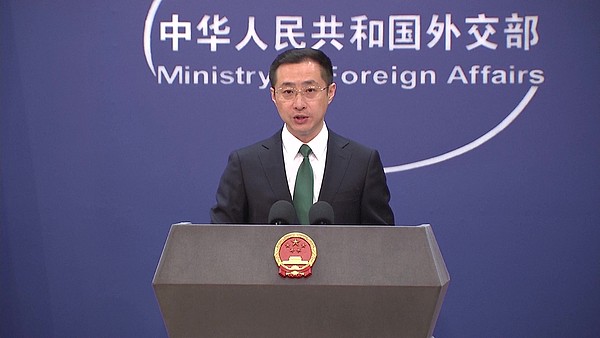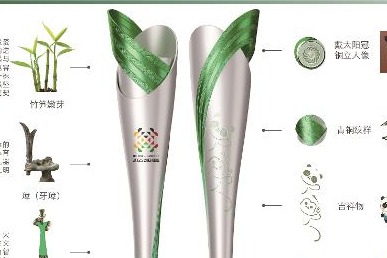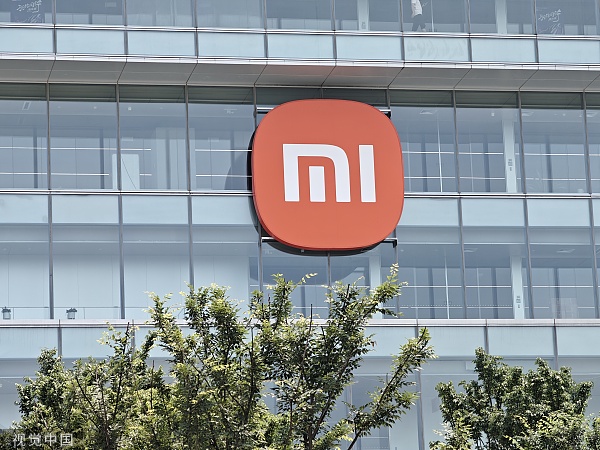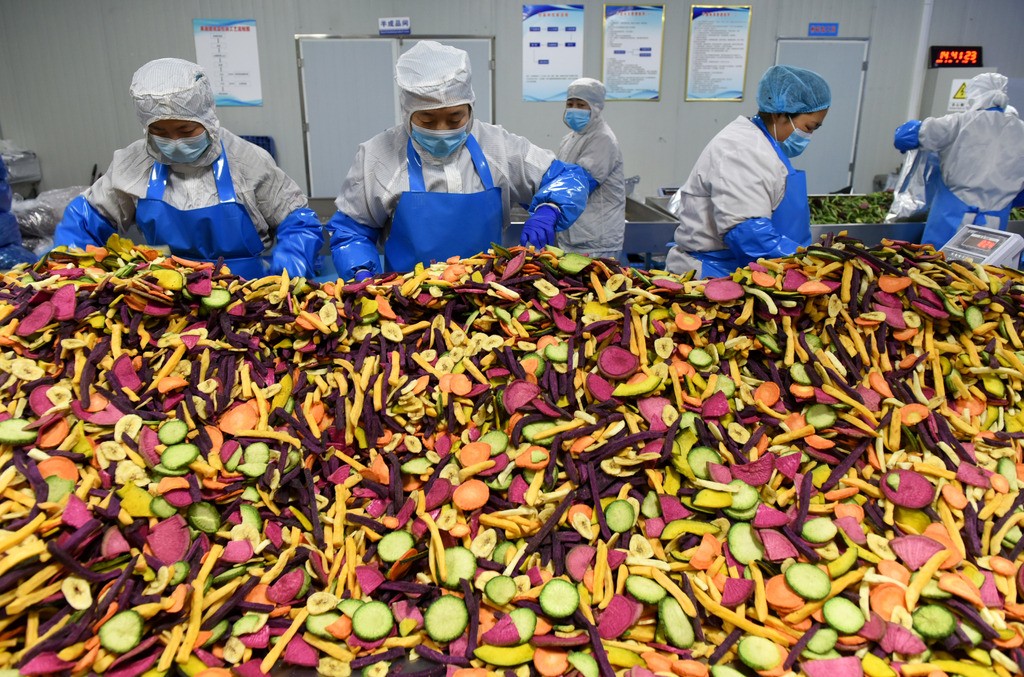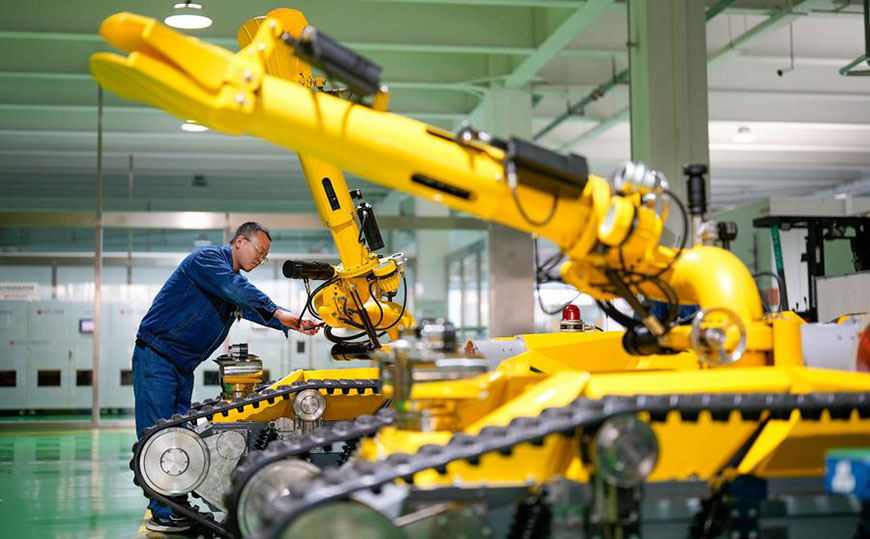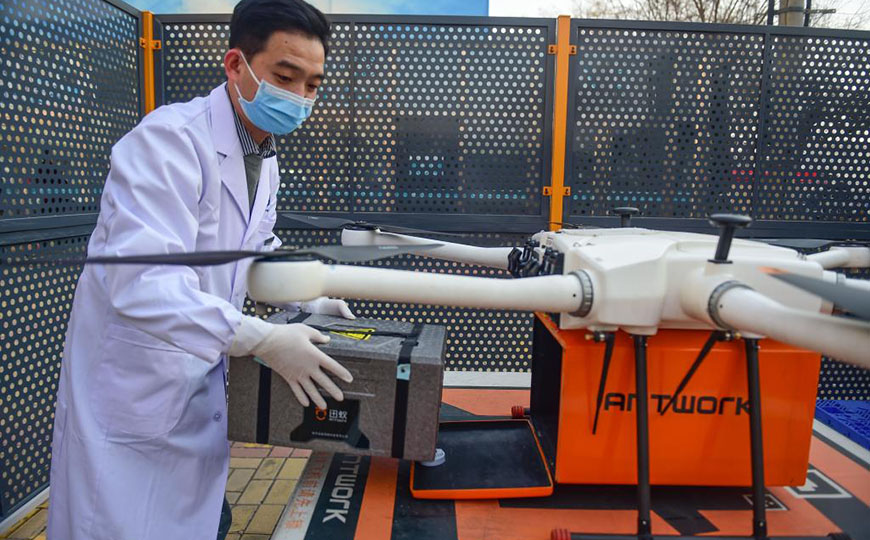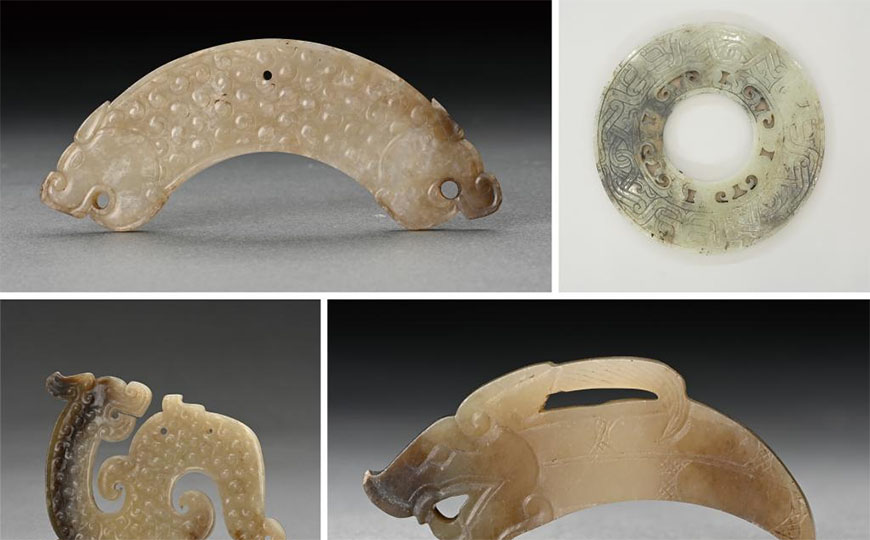
mitochondrial replacement therapy (MRT) is a groundbreaking approach that aims to prevent the transmission of mitochondrial diseases from mother to child. here is a detailed overview of the process, its potential, and the current state of research and regulations.
what is mitochondrial replacement therapy (MRT)?
mitochondrial replacement therapy (MRT) is a cutting-edge assisted reproductive technology designed to help women who carry genetic mutations in their mitochondrial DNA (mtDNA) conceive a child without passing these mutations to their offspring. Mitochondria are often referred to as the powerhouse of the cell because they generate energy for cellular functions. However, when mitochondrial DNA is defective, it can lead to severe diseases that affect various organ systems, particularly the brain, muscles, and heart.
the process of mitochondrial replacement therapy (MRT)
The process of MRT involves creating an embryo using donor mitochondria to replace the affected mitochondria from the mother. There are two primary techniques currently being researched and utilized:
-
spindle transfer technique: In this method, the nuclear DNA from the mother's egg is removed and transferred into a donor egg that has healthy mitochondria. The donor egg has its nuclear DNA removed, ensuring that the resulting embryo contains the mother's nuclear DNA and the donor's healthy mitochondria.
-
pronuclear transfer technique: This technique involves fertilizing both the mother's egg and a donor egg with the father's sperm. The pronuclei, which contain the nuclear DNA, are then transferred from the mother's fertilized egg into the donor's fertilized egg, which provides the healthy mitochondria.
potential benefits of mitochondrial replacement therapy (MRT)
The potential benefits of MRT are significant, especially for families affected by mitochondrial diseases. By replacing faulty mitochondria with healthy ones, MRT can prevent the transmission of mitochondrial disorders to future generations. This could lead to healthier pregnancies and the birth of children unaffected by these often debilitating conditions.
ethical and regulatory considerations
Despite the potential benefits, MRT raises several ethical and regulatory issues. One major concern is the creation of genetically modified embryos, which involves the use of donor DNA. This leads to questions about the identity of the child and the long-term effects of having DNA from three different individuals (the mother, father, and mitochondrial donor). Additionally, the safety and efficacy of MRT are still being studied, as it is a relatively new and complex procedure.
Regulatory bodies around the world are grappling with how to oversee and approve MRT. In some countries, MRT is allowed under strict guidelines and oversight, while others have imposed bans or moratoriums due to ethical concerns. The United Kingdom, for example, became the first country to approve MRT in 2017, while the United States has yet to establish clear regulatory pathways for its use.
current state of research
Research into MRT is ongoing, with studies focusing on improving the efficiency and safety of the procedure. Scientists are exploring various techniques to enhance the transfer of nuclear DNA and to ensure that the resulting embryos have minimal levels of mutated mitochondria. Additionally, clinical trials are being conducted to assess the safety and effectiveness of MRT in human applications.
future prospects
The future of mitochondrial replacement therapy looks promising, with continued advancements in reproductive technology and genetics. As researchers gain a deeper understanding of mitochondrial function and the mechanisms of mitochondrial diseases, MRT is likely to become a more viable option for families affected by these conditions. However, the ethical, legal, and regulatory challenges must be carefully addressed to ensure that the benefits of MRT are realized responsibly.
conclusion
Mitochondrial replacement therapy represents a significant step forward in the fight against mitochondrial diseases. While there are still challenges to overcome, MRT offers hope for families who have been deeply affected by these often devastating conditions. As research progresses and regulatory frameworks evolve, MRT has the potential to become a safe and effective tool in assisted reproduction, offering new possibilities for creating healthy futures for children around the world.

2025年1月全国查处违反中央八项规定精神问题16430起
央视新闻

“双非”大学生备战86天考研北京大学,初试412分排名专业第二:“有点超常发挥”
极目新闻

二手市场“人形机器人”日薪过万,有豪车租赁商购十多台机器人转型,订单排到3月底
红星新闻

遭疯抢的“银行土”“银行水”已下架!律师:别被“财富幻觉”忽悠了
极目新闻

菲律宾解救一被绑架的14岁中国公民
@央视新闻

2025年全国两会新闻中心启用
新华社

厚衣服先别收!大回暖后还有冷空气 江南等地体验过山车式升降温
中国天气网
我国成功发射四维高景一号03、04星
央视新闻

江西一家开了50多年的医院终止运营,“病人转院,60多名医护人员自谋生路”
大皖新闻

“避免上当受骗”!宇树科技发布重要提醒
中新经纬














